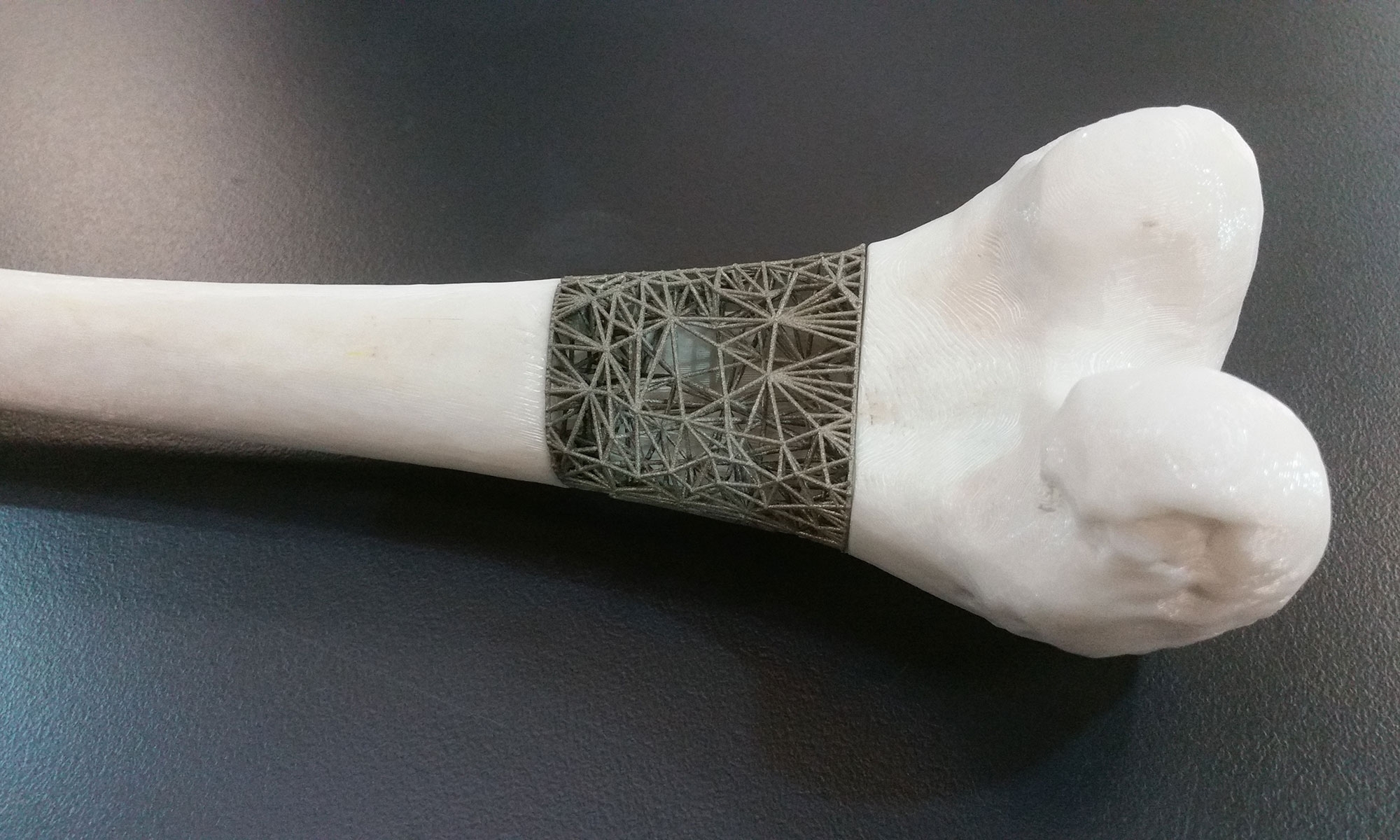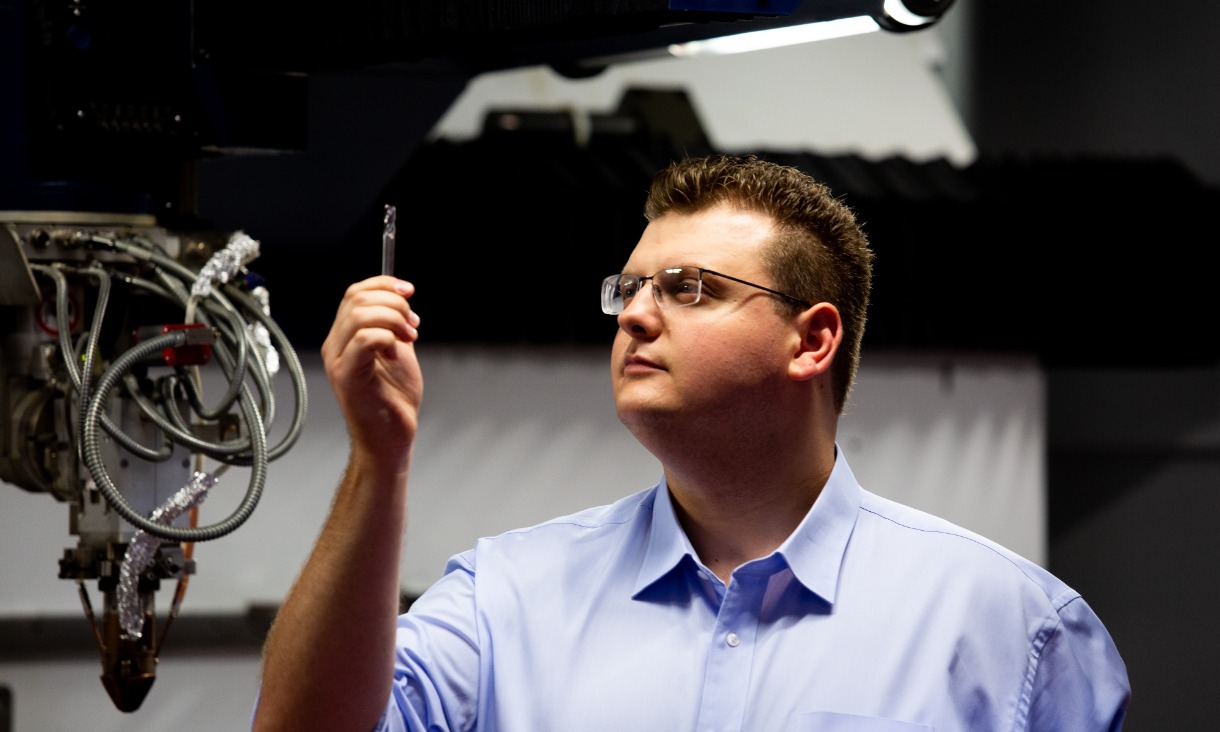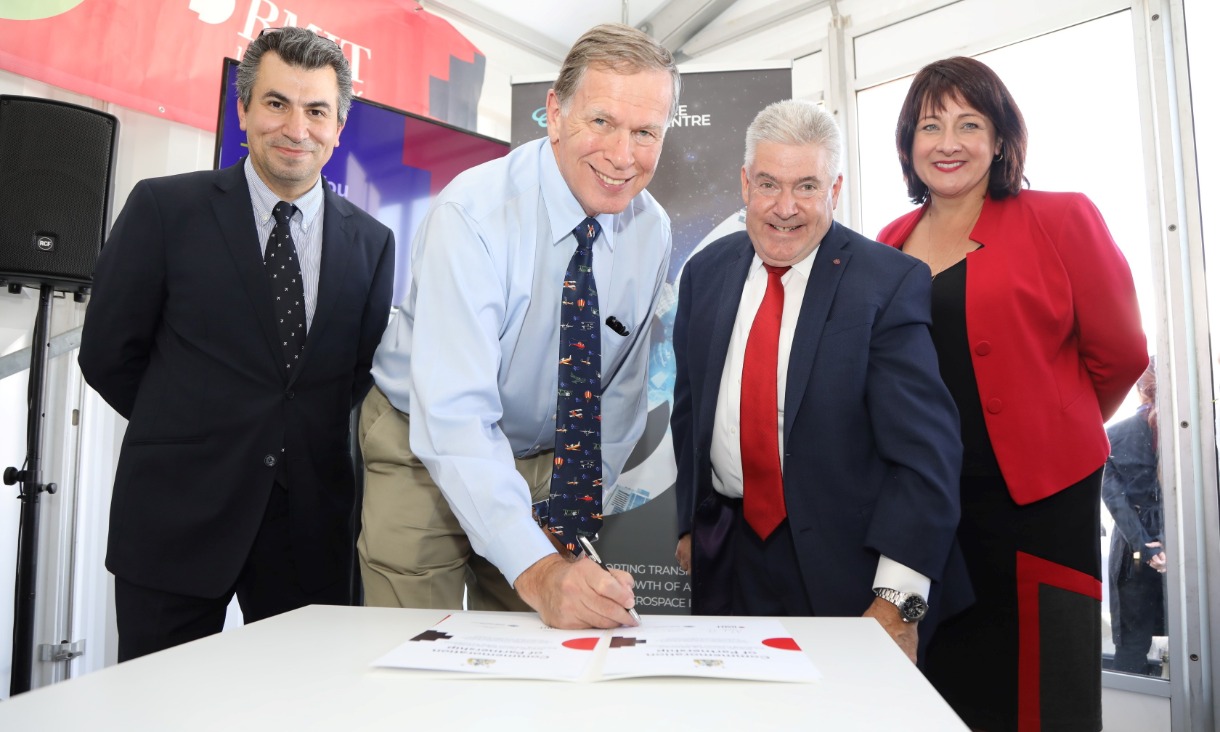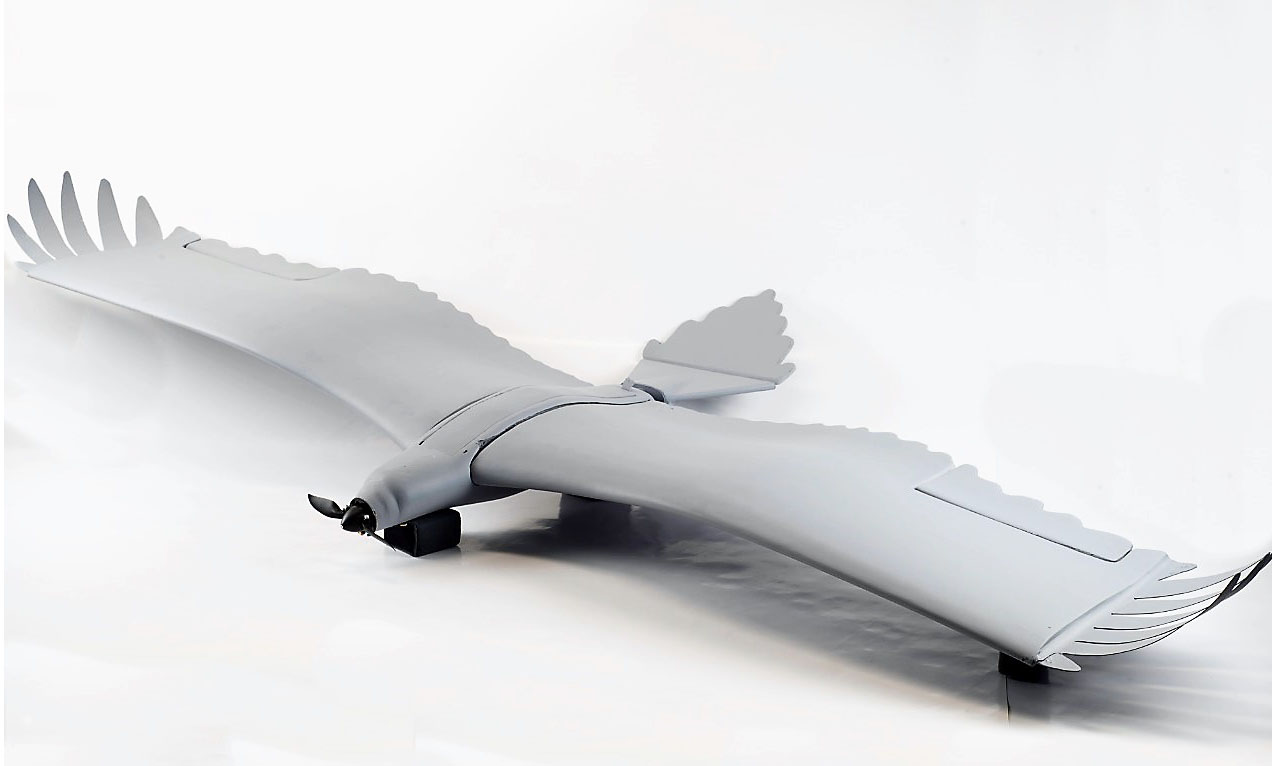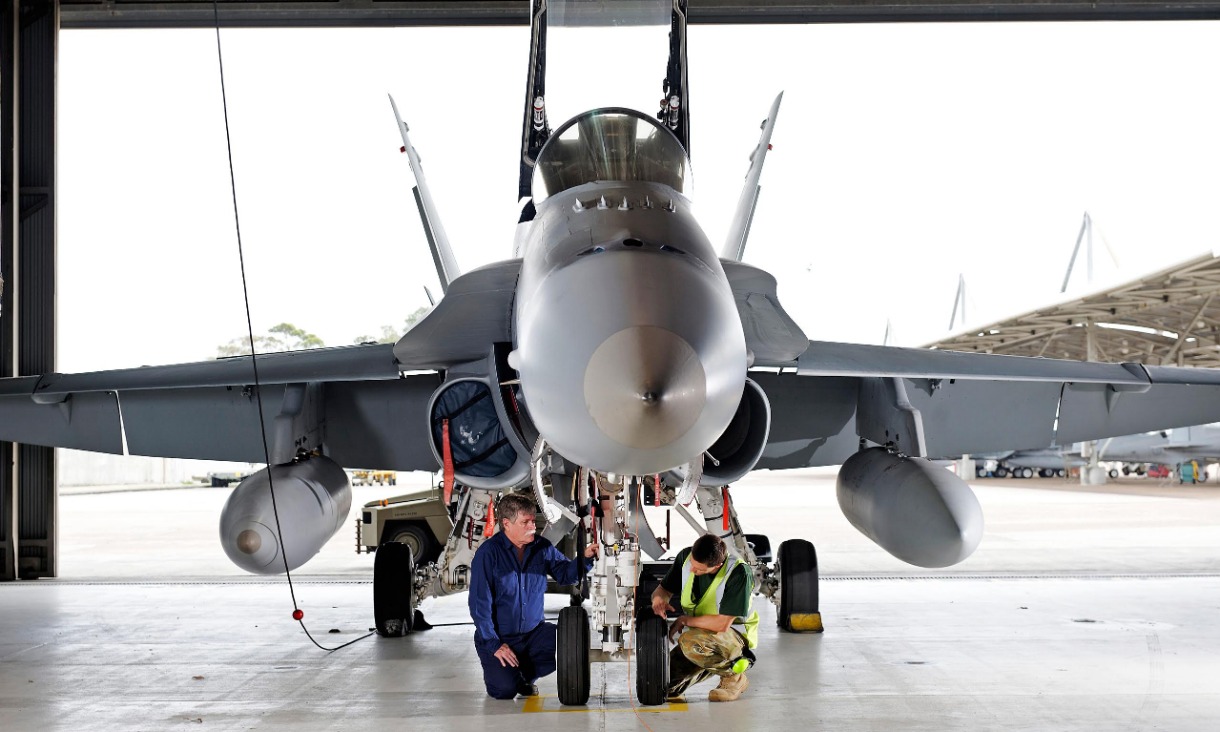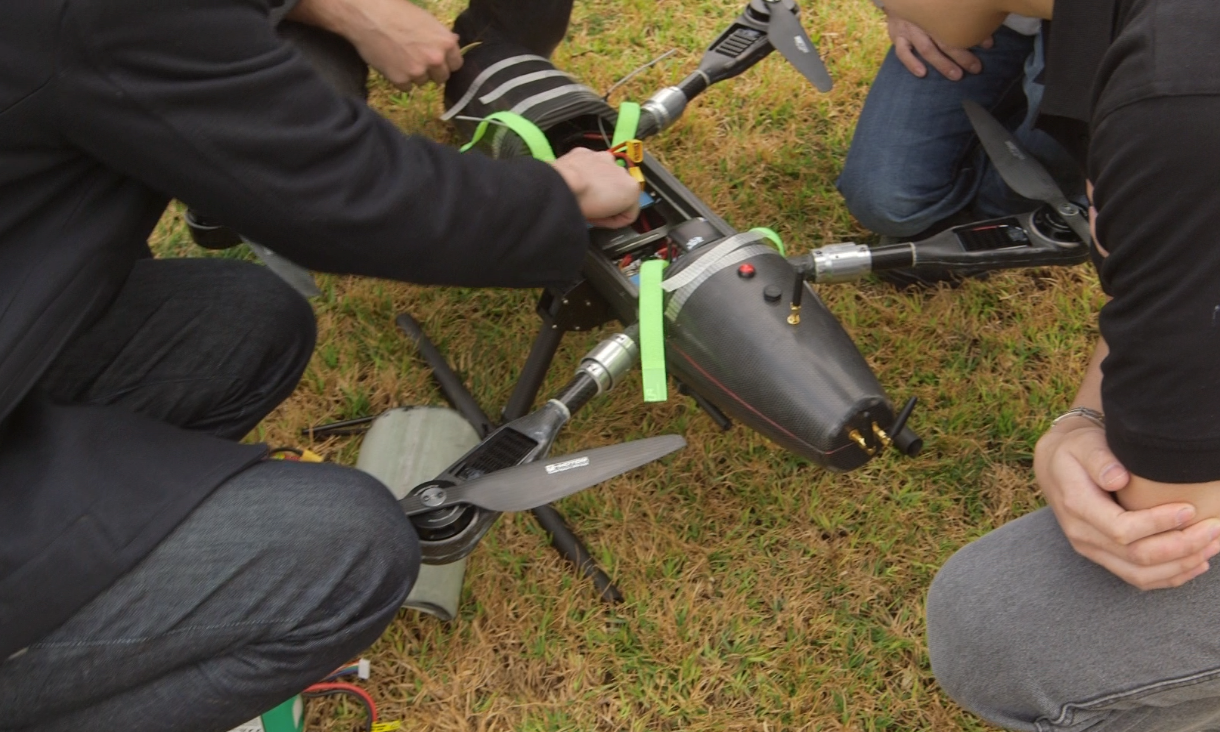ATSB and RMIT partner in transport safety investigation
The Australian Transport Safety Bureau (ATSB) has announced a strategic partnership with RMIT that will see the University offer Transport Safety Investigator qualifications.
Drones can now flap wings, ride wind currents like birds
The next generation of unmanned drones will act more like birds than machines, thanks to new research.
Laser-made aircraft parts
Researchers are 3D printing aircraft parts using new laser technology that could transform industry.
Rise of the drones
The unmanned aviation industry is booming and RMIT is the first to deliver drone pilot training as part of a degree.
